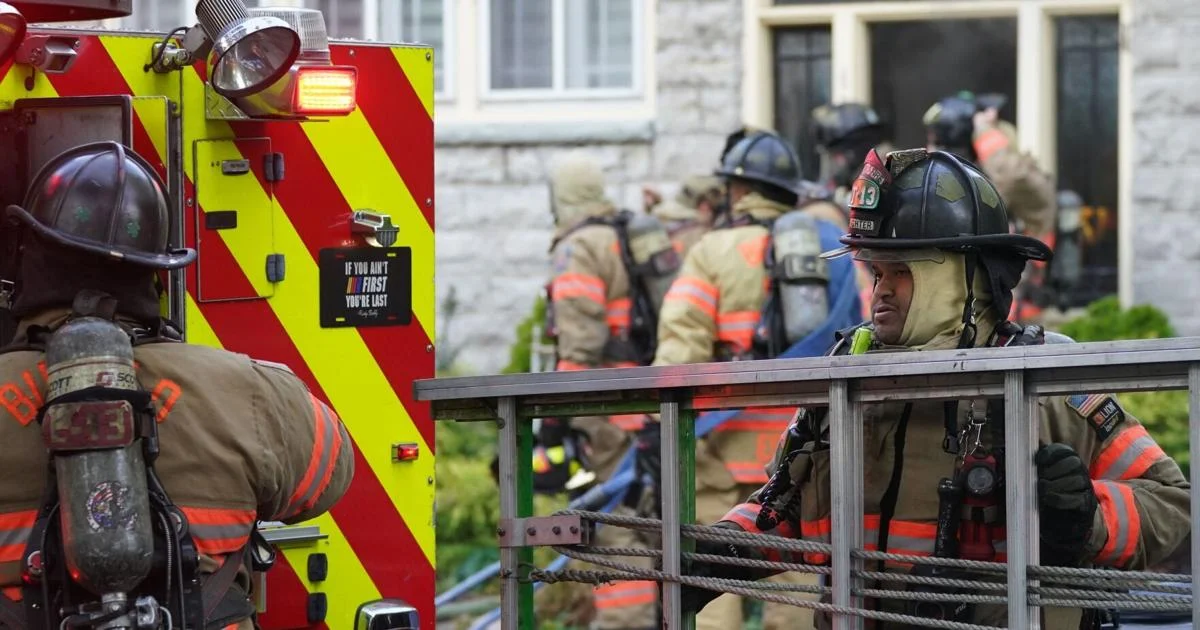Copyright The Boston Globe

The proposal is likely to draw opposition from the state’s powerful teachers unions, who have chafed at adding broad state requirements on teaching literacy. But House Speaker Ron Mariano, a Quincy Democrat, pitched the bill as a corrective measure to pandemic-era learning losses, from which students have hardly begun to recover. “It is no secret that the pandemic had a troubling effect on the Commonwealth’s students, evidenced by the fact that English language arts schools continue to lag behind pre-pandemic levels,” Mariano said. “These declines have occurred despite the state’s commitment investing in public education over the past several years.” The bill would bring the force of a legislative mandate to Governor Maura Healey’s efforts to improve reading instruction across the state. Already, the state publishes a list of curriculums it considers high-quality, based on reviews by Massachusetts teachers. A 2023 investigation by the Globe’s Great Divide education team found that roughly half of all Massachusetts districts were using a K-3 reading curriculum that the state called “low quality.” Healey and the state Legislature have since rolled out tens of millions of dollars in funding for curriculum improvements, teacher training, and tutoring. The funding has helped dozens of the state’s nearly 400 school districts pay to adopt those curriculums and train teachers in them. But still about one-third of districts continue to use curriculums that the state considers low-quality, said state Representative Ken Gordon, the House chair of the committee on education. The House bill does not set aside money to help fund the changes, but House leaders said they hope to keep providing funding in future spending bills. Luisa Sparrow, a Boston Public Schools teacher who was named 2025 Massachusetts Teacher of the Year, on Monday recounted her struggles teaching her students to read before switching to evidence-based methods. “While my students were able to have high-level discussions about the books I read aloud to them, they were not developing the skills they needed to read those same texts independently,” Sparrow said along House Democratic leaders during a State House press conference. Gordon, a Bedford Democrat, noted that other states such as Louisiana and Mississippi have managed to buck the national trend of declining test scores over the last decade in part by requiring districts to use high-quality reading instruction. The House proposal would not fully require districts to choose from a state-approved list of curricula, but districts seeking to stray will need state approval, which would still demand they follow “scientifically-based research standards,” according to a summary released by House leaders. House officials said the bill would also prohibit “three-cueing,” a widely disparaged technique that involves using context to figure out unfamiliar words instead of phonics, except in “certain curricula pre-approved” by state education officials. Kathy Greeley, a retired teacher who has opposed past literacy bills, said the proposed limits on three-cueing would prevent teachers from teaching students to look to other information, including sentence meaning, to realize they have misread a word. “You need meaning, syntax, and visual skills to make meaning out of text,” Greeley said. “To say to teachers, ‘You may not use these,’ is not just bad practice, it is wrong practice.” If passed, the proposal would also increase pressure on teacher preparation programs to train teachers in scientifically-based methods. The legislation would also require that districts perform literacy screenings at least twice a year for all students in kindergarten through Grade 3, codifying a 2023 mandate from the state’s education department. Literacy experts who have studied the so-called “Southern Surge” have identified curriculum improvements, teacher training, and regular screenings as key steps, but the bill does not include the most controversial component of that playbook: a requirement that third-graders pass a reading test in order to advance to Grade 4. The bill, if passed by the House, would also need Senate approval. A spokesperson for Senate President Karen Spilka said she would review it and that senators are “very much engaged in improving literacy outcomes.” The bill is the latest version of a comprehensive literacy reform some state lawmakers have been pursuing since 2023. The proposed legislation has faced opposition from teachers’ unions and district leaders who have resisted state mandates. Last year, dozens of superintendents signed a letter opposing a “one-size-fits-all” approach to teaching reading, while the Massachusetts Teachers Association, the state’s largest teachers union, last month called proposed legislation “well-intentioned but ineffective.” “The legislation under consideration will limit educators from exercising professional judgment and ultimately deny some students the benefits of best practices if we restrict what educators can do,” MTA president Max Page said in a statement at the time. A spokesperson for the union said Monday that labor officials are still reviewing details of the latest House proposal.



